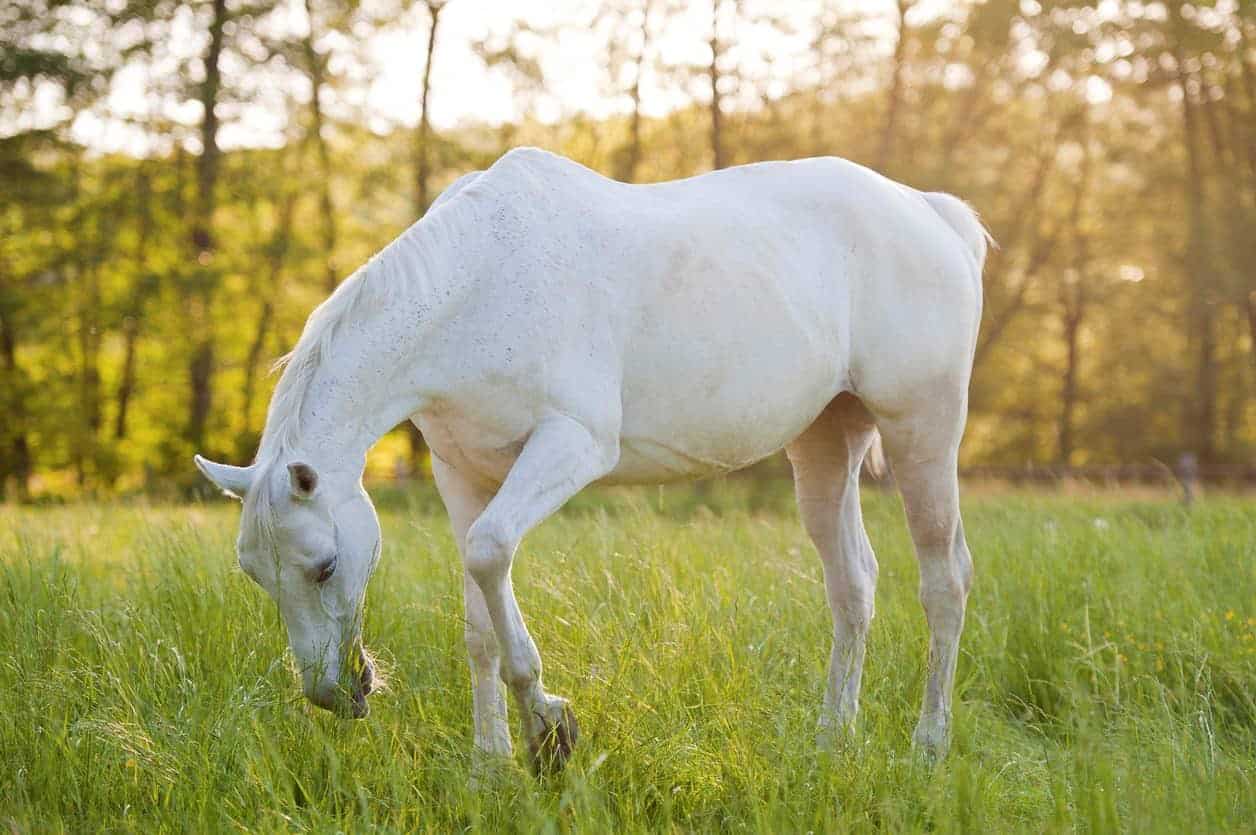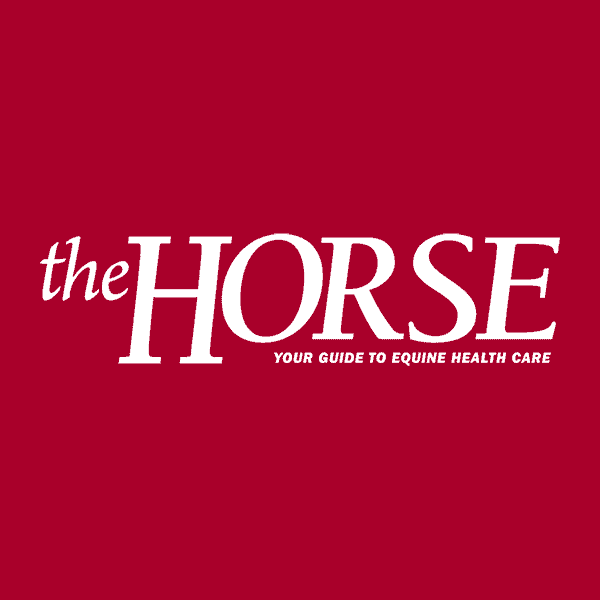Is Colic More Common as Horses Age?
Drs. Anthony Blikslager and Louise Southwood describe the reasons why older horses are at risk for colic.
Share
ADVERTISEMENT

Photo: iStock
Drs. Anthony Blikslager and Louise Southwood describe the reasons why older horses are at risk for colic.
This podcast is an excerpt from our Ask TheHorse Live Q&A, “Equine Colic: Early Intervention Saves Lives.” Listen to the full recording here.
About the Experts:
Anthony Blikslager
 Anthony Blikslager, DVM, PhD, Dipl. ACVS, is a professor of equine surgery and gastroenterology at North Carolina State University’s College of Veterinary Medicine. His research interest is gastrointestinal physiology in horses, studying the mechanisms of injury and repair in the gut with the clinical outlook of enhancing recovery of horses with colic.
Anthony Blikslager, DVM, PhD, Dipl. ACVS, is a professor of equine surgery and gastroenterology at North Carolina State University’s College of Veterinary Medicine. His research interest is gastrointestinal physiology in horses, studying the mechanisms of injury and repair in the gut with the clinical outlook of enhancing recovery of horses with colic.Louise Southwood

Louise Southwood, BVSc, MS, PhD, BSc (Vet), is an associate professor of emergency medicine and critical care at the University of Pennsylvania School of Veterinary Medicine’s New Bolton Center in Kennett Square. Her research areas include equine colic, duodenitis-proximal jejunitis, and equine gastrointestinal disease.
Share

Written by:
The Horse Staff
The Horse: Your Guide To Equine Health Care is an equine publication providing the latest news and information on the health, care, welfare, and management of all equids.
Related Articles
Stay on top of the most recent Horse Health news with











